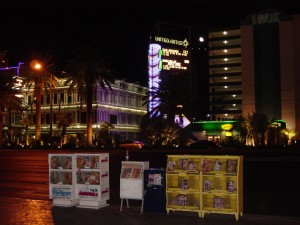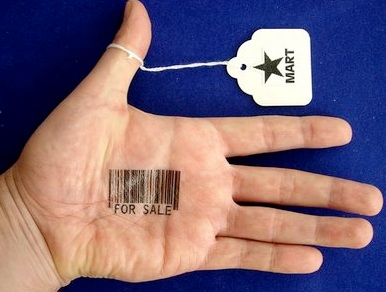In the growing tragedy of American children being brutally exploited and sold in the U.S. sex trade, perhaps the greatest tragedy of all is how the justice system responds to child victims. A Russia Today reporter stated, “In the US, prostitution laws do not exempt minors from prosecution…But lawyers say, in the US, the paradox of the system is that the children are prosecuted for crimes for which they cannot legally give consent.” Every day the justice system encounters prostituted children; however, instead of helping these children and correctly labeling them as victims, the victims may be arrested and prosecuted as underage prostitutes before being turned back on the streets to their pimps.
Lucilia came from an abusive home life and at 13 years old she ran away from home and fell prey to sex trafficking. During this time, she had multiple interactions with the police, but she was never labeled as a victim and was instead processed as an adult and set back on the street. When Lucilia admitted she was 13 years old she was locked up in a juvenile jail in the Bronx and transported to Family Court in handcuffs and leg shackles. Lucilia was taken to various detention centers where she suffered severe depression.
 This is not a story of rescue, restoration, or ultimately, justice.
This is not a story of rescue, restoration, or ultimately, justice.
Shared Hope International seeks to establish justice for DMST victims through proper identification of victims and vacating any past convictions they sustained as a victim of trafficking. The Protected Innocence Initiative seeks to address these issues by analyzing states on its victim-friendly procedures, expungement laws, and child protective response to domestic minor sex trafficking. The Protected Innocence Initiative also advocates that prostitution laws should apply only to adults, making minors specifically immune from prosecution. It is our hope that by strengthening state provisions for the protection of child victims, children like Lucilia will grow up in a nation that values protection and justice for the innocent.
 Recognizing the critical role facilitators play in the exploitation of children, some hotels and airlines have taken it upon themselves to no longer act as facilitators in the child sex trade. Here are some of the positive steps hotels and airlines have taken in order to stop child sex trafficking.
Recognizing the critical role facilitators play in the exploitation of children, some hotels and airlines have taken it upon themselves to no longer act as facilitators in the child sex trade. Here are some of the positive steps hotels and airlines have taken in order to stop child sex trafficking. d distributing child pornography should carry high penalties. State’s laws are analyzed and graded to ensure that convicted traffickers must register as sex offenders and parental rights should be terminated for convicted sex traffickers.
d distributing child pornography should carry high penalties. State’s laws are analyzed and graded to ensure that convicted traffickers must register as sex offenders and parental rights should be terminated for convicted sex traffickers. Operation Precious Cargo
Operation Precious Cargo Stories like Kelly’s have become all too common in today’s society. Through the Protected Innocence Initiative, Shared Hope International seeks to help victims like Kelly by making sure the laws properly criminalize domestic minor sex trafficking.
Stories like Kelly’s have become all too common in today’s society. Through the Protected Innocence Initiative, Shared Hope International seeks to help victims like Kelly by making sure the laws properly criminalize domestic minor sex trafficking.





